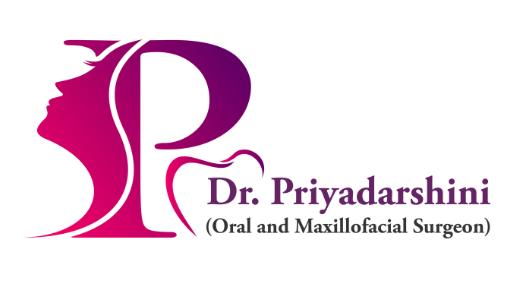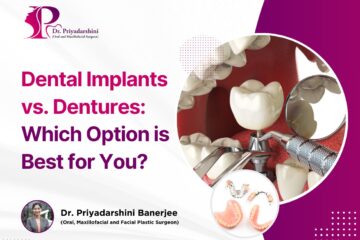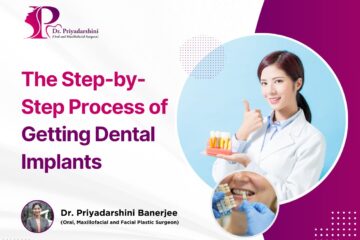Recovering from Oral Surgery: Tips for a Smooth Recovery
Undergoing oral surgery can feel a bit daunting, but with the right preparation and care, you can make your recovery smooth and comfortable. Whether you’ve had wisdom teeth removed, dental implants placed, or other procedures, here are some practical tips to help you heal effectively.
Best Oral Surgeon in Pune
1. Follow Your Dentist’s Instructions
First and foremost, always follow the post-operative instructions given by your dentist or oral surgeon. They know your specific case best and will provide tailored advice on how to care for yourself after surgery. Make sure to ask any questions before you leave the office so you’re clear on what to expect.
2. Rest and Take It Easy
After surgery, your body needs time to heal. Plan to take it easy for a few days. Avoid strenuous activities, like heavy lifting or intense workouts. Listen to your body—if you feel tired, it’s okay to rest. Aim for a cozy spot on the couch with some good movies and your favorite snacks (soft ones, of course!).
3. Manage Pain and Discomfort
It’s normal to experience some pain and swelling after surgery. Your dentist will likely prescribe pain relievers or recommend over-the-counter options. Take your medication as directed, and don’t wait until the pain becomes unbearable. Ice packs can also help reduce swelling—apply them to your cheeks for 15-20 minutes at a time during the first couple of days.
4. Eat Soft Foods
While you’re healing, stick to soft foods that are easy to chew and swallow. Think mashed potatoes, yogurt, smoothies, and applesauce. Avoid crunchy, spicy, or hot foods that could irritate your surgical site. Stay hydrated, but be careful with straws—sucking can disturb blood clots and delay healing.
5. Stay Hydrated
Drinking plenty of water is essential for recovery. Staying hydrated helps your body heal faster. Just be cautious with temperature—cool or lukewarm drinks are best in the initial days post-surgery. Avoid alcohol and caffeinated beverages, as they can lead to dehydration.
6. Keep Your Mouth Clean
Maintaining oral hygiene is crucial, but you’ll need to be gentle. Avoid brushing the surgical area for the first few days. Instead, rinse your mouth gently with warm salt water after meals to keep the area clean. Your dentist might recommend an antibacterial mouthwash as well.
7. Avoid Smoking and Alcohol
If you smoke, it’s best to avoid it during your recovery. Smoking can hinder healing and increase the risk of complications. Similarly, alcohol can interact with pain medications and delay recovery, so it’s best to stay away from both until you’ve fully healed.
8. Watch for Complications
While most recoveries go smoothly, it’s important to keep an eye out for signs of complications. If you experience severe pain, excessive bleeding, or signs of infection (such as fever or unusual swelling), contact your dentist right away. Early intervention can prevent more serious issues.
9. Plan for Follow-Up Appointments
Your dentist may schedule a follow-up appointment to check on your healing progress. Make sure to attend these visits, as they’re essential for ensuring everything is healing properly.
10. Be Patient
Finally, remember that recovery takes time. Everyone heals at their own pace, so be patient with yourself. It’s normal to feel a bit out of sorts for a few days, but soon enough, you’ll be back to your regular routine.
Conclusion
Recovering from oral surgery doesn’t have to be stressful. By following these tips and listening to your dentist’s advice, you can ensure a smoother recovery process. Take care of yourself, enjoy the downtime, and before you know it, you’ll be feeling like yourself again. If you have any questions or concerns during your recovery, don’t hesitate to reach out to your dental care team. They’re there to help you every step of the way!
Book an appointment today!
If you have any general or medical enquiry, feel free to contact us.



